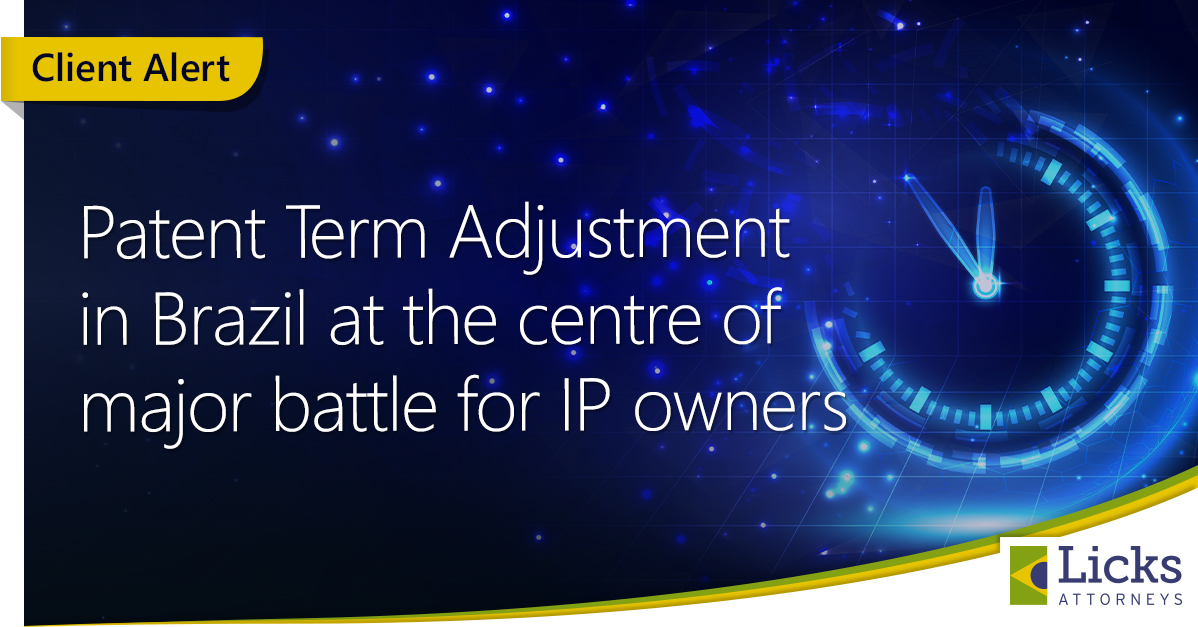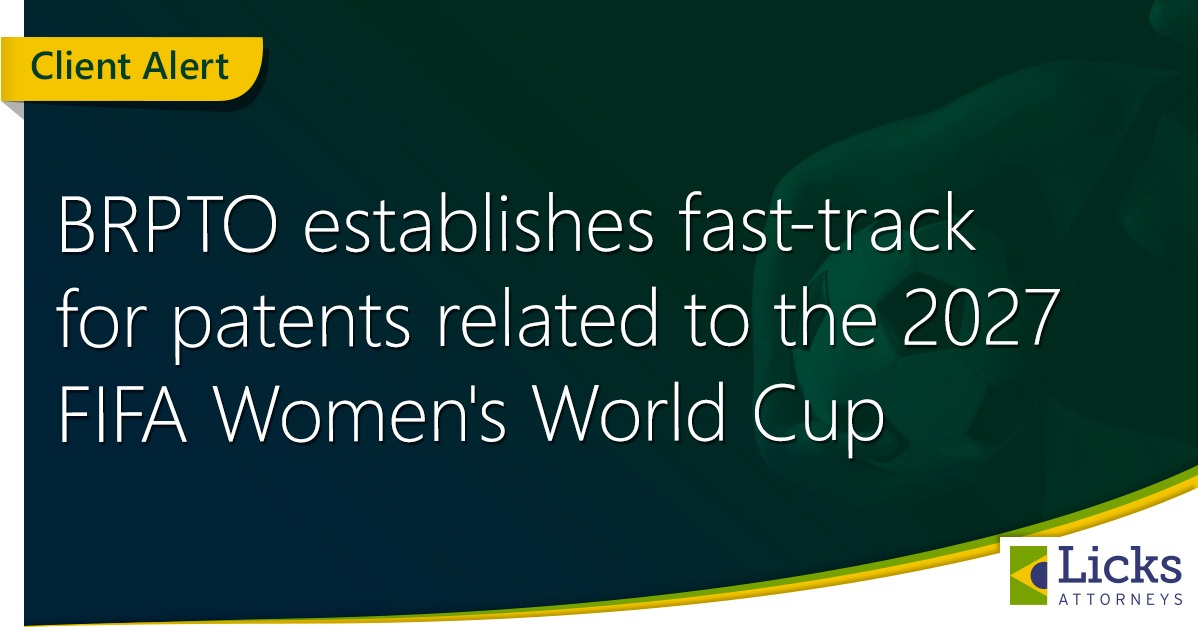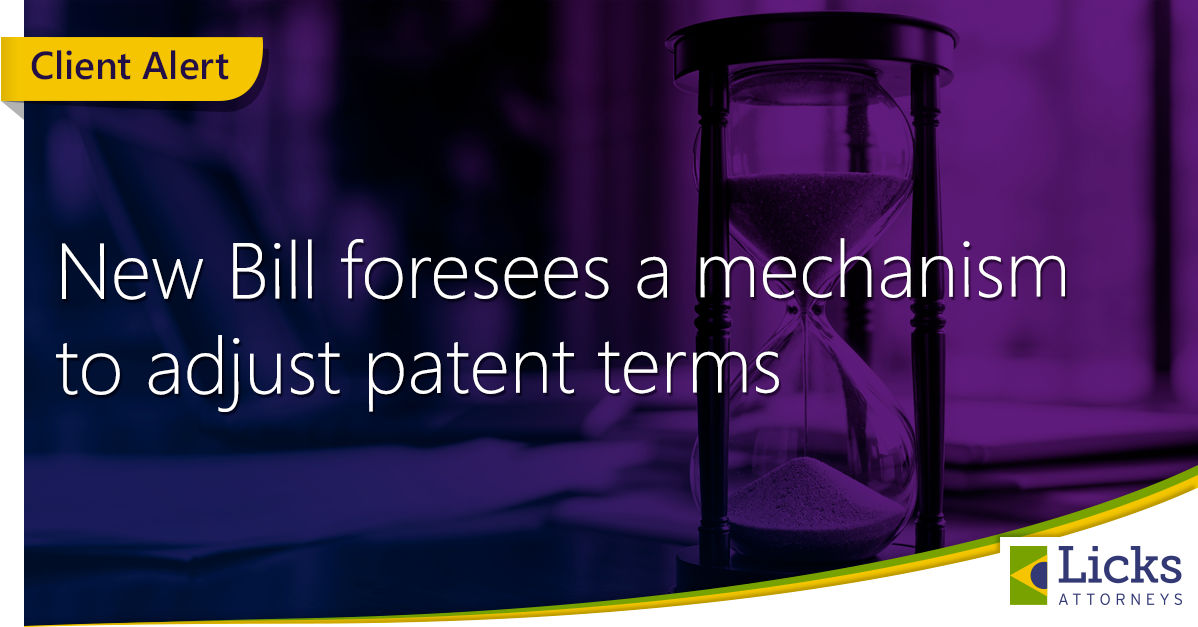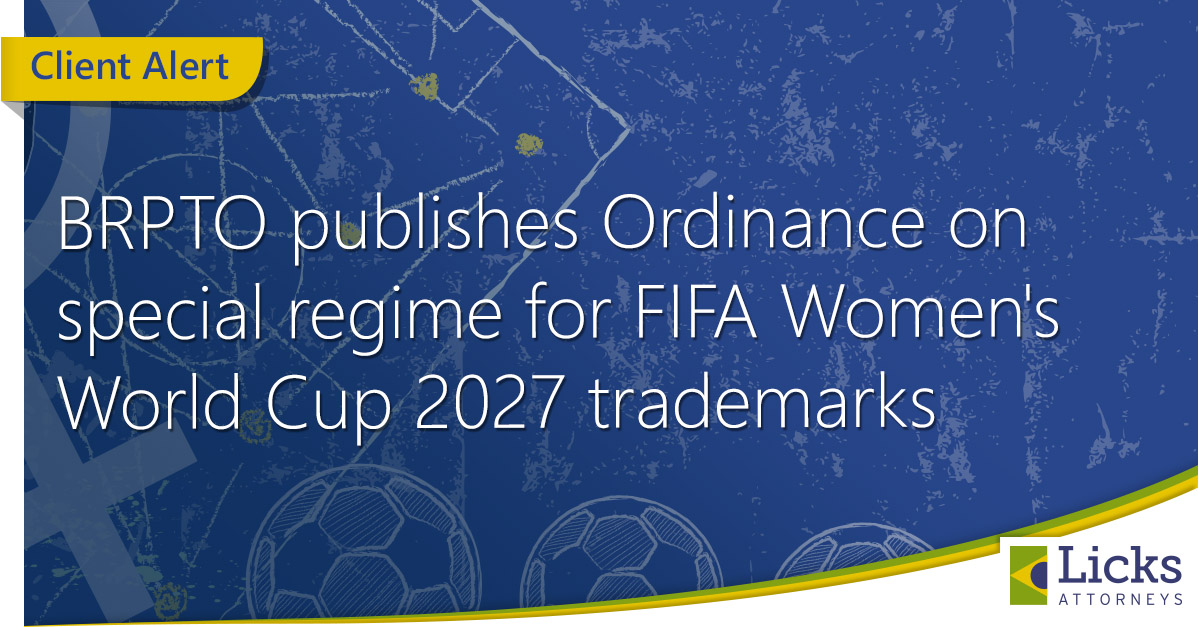Patent Term Adjustment in Brazil at the centre of major battle for IP owners

The Supreme Court’s decision threatened to cut short the terms of thousands of pharma and medical device patents. However, 48 lawsuits have since arisen in which IP owners are asserting their right to an extended patent term. The outcome of these cases will have major ramifications for the industry in Latin America’s largest economy.
Some of the patentees argue that there is a normative gap in the Brazilian legal order for the patent term adjustment. The plaintiffs point to, as a solution, the application of foreign law along with customary rules by courts. This claim is grounded in Article 4 of the Introductory Statute to the Norms of Brazilian Law (LINDB), which establishes that when the legal order is silent regarding a matter, the judge shall decide the case according to the analogy, customs, and general principles of law.
On the other hand, a second group of cases feature a different line of argument. As the patent granting procedure is governed by the Administrative Law, federal procedural rules are applicable to those cases. So, it would not be adequate to affirm that there is a gap in the legal order. The Federal Administrative Procedure Statute defines the efficiency principle as a basic rule for any procedure. Also, Article 27 of the LINDB provides a compensation right for abnormal or unfair losses resulting from an administrative procedure – meaning that, if there was a delay on the side of the public entity, the private party shall be entitled to a compensation.
The most recent preliminary injunction decision issued in a PTA case (Celgene Corp v BRPTO and Brazilian FDA) on April 11, 2023, was grounded in Article 27 of the LINDB. It was stated by the Federal Judge that the omission of the Public Administration, characterised by the occurrence of the administrative delay, “is a behavior capable of giving rise, in theory, to indemnifying liability. This hypothesis is even clearly exposed, either in the Constitution (art. 37, §6), or in art. 27, from LINDB”.
A preliminary injunction was granted to Celgene, as the Federal Judge acknowledged that the Brazilian FDA unjustifiably delayed the administrative procedure by 358 days and determined the suspension of the BRPTO’s order that reduced the term of patent PI 0315315-0. It was established that the patent shall remain in force until, at least April 05, 2024. The health regulatory agency ANVISA challenged the decision through an interlocutory appeal.
The Federal Judge understood that what was brought to the discussion in Celgene’s case did not comprise the application of an automatic patent term extension, in conflict with what was ruled by the Supreme Court, but an examination, in terms of liability, of what would be the best protection to be guaranteed by the judiciary to protect Celgene’s rights. It was also mentioned by the Federal Judge that it is ordinary for the Judicial Branch, in Brazil, to deal with cases discussing public administration procedure delays.
In those cases, the inefficiency in conducting the administrative procedures creates a loss for the private parties. So, the decision is aligned with the understanding that Brazilian public law provides a proper response for BRPTO’s delay and liability.
Another feature that illustrates the difference between the groups of PTA cases is the adjustment calculation. While in the first group, the adjustment is requested based on a generalist perspective (as a normative gap is argued), in the second group the calculation is demonstrated considering each step of the procedure, considering legal deadlines for an administrative response.
For the second group, the BRPTO delay is identified if: (i) the BRPTO did not comply with the response deadline set by law; (ii) there was no possible action to be taken by the patent applicant; and (iii) the Brazilian FDA did not comply with the response deadline set by law in cases in which there was a prior-approval requirement. This is considered an objective delay – in which there is no subjectivity in the analysis.
The ruling of the Supreme Court on related pending Constitutional Complaints is also being awaited. These complaints challenge decisions issued by the Federal Court of Appeals for the First Circuit, alleging that a term adjustment via a lawsuit violates the jurisdiction of the decision ADI #5,529.
The 1st Panel of the Supreme Court, in Constitutional Complaint #56,378 and #53,181, has already ruled that the granting of a preliminary injunction to temporarily guarantee the validity of patents for a term longer than 20 years from the filing date (art. 40 of the IP Statute) violates the decision of the full court on ADI #5,529. The 2nd Panel of the Supreme Court has not ruled on the matter yet.
Considering the complexity of the discussion, the issue may be taken to a final full en banc hearing on the matter by the Supreme Court.
The outcomes of these disputes are highly important for the life sciences industry in Brazil. The current average pendency time in granting procedures is six years and three months, based on official BRPTO data analysed by Licks Attorney’s Data Collection Team.
However, for some units, the pendency is even higher: (i) molecular biology & akin; (ii) pharmacy I; (iii) foods and plants; and (iv) telecommunications still have the average pendency above eight years. This means discussion around compensation rights and PTA in Brazil remain critical as the BRPTO’s pendency scenario continues.



